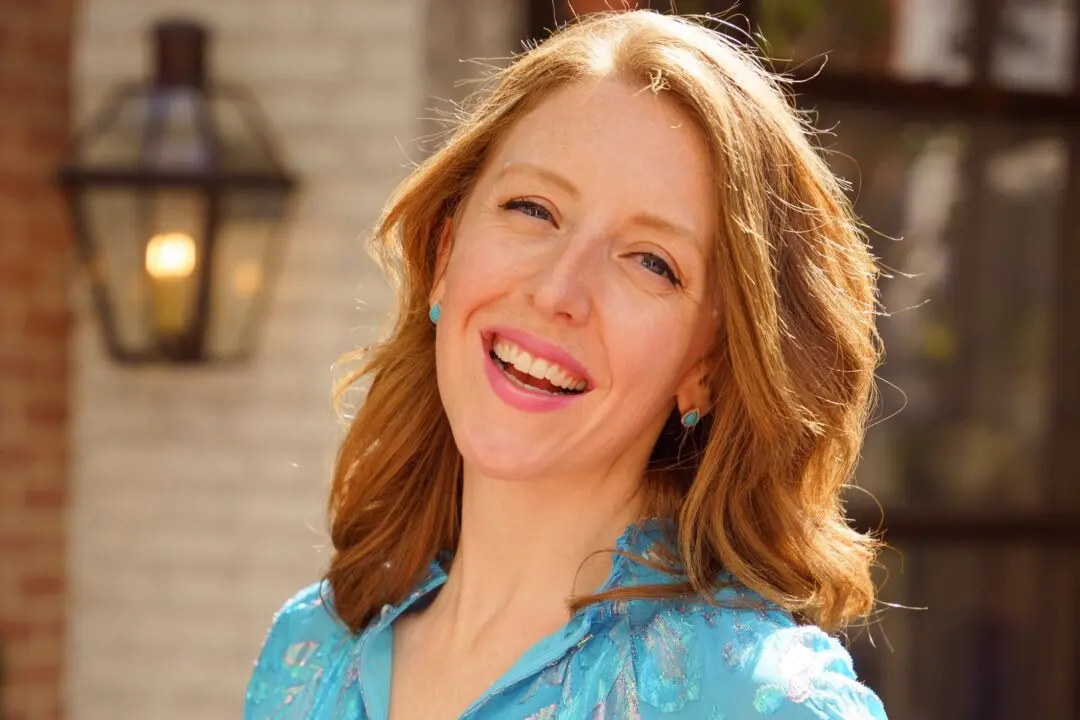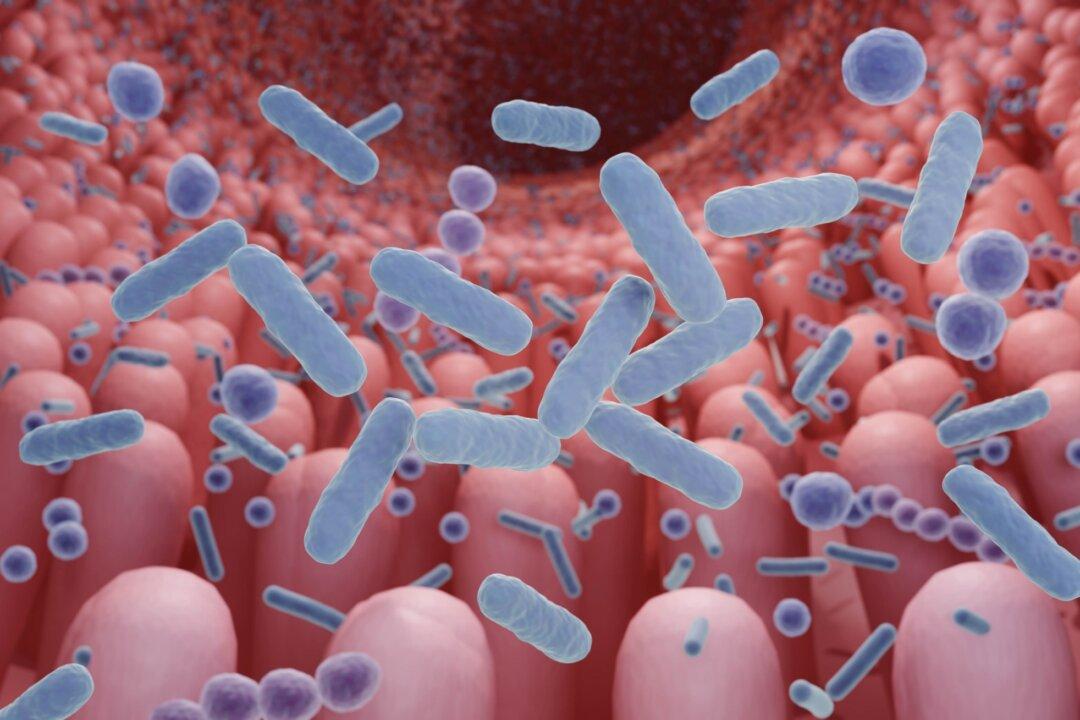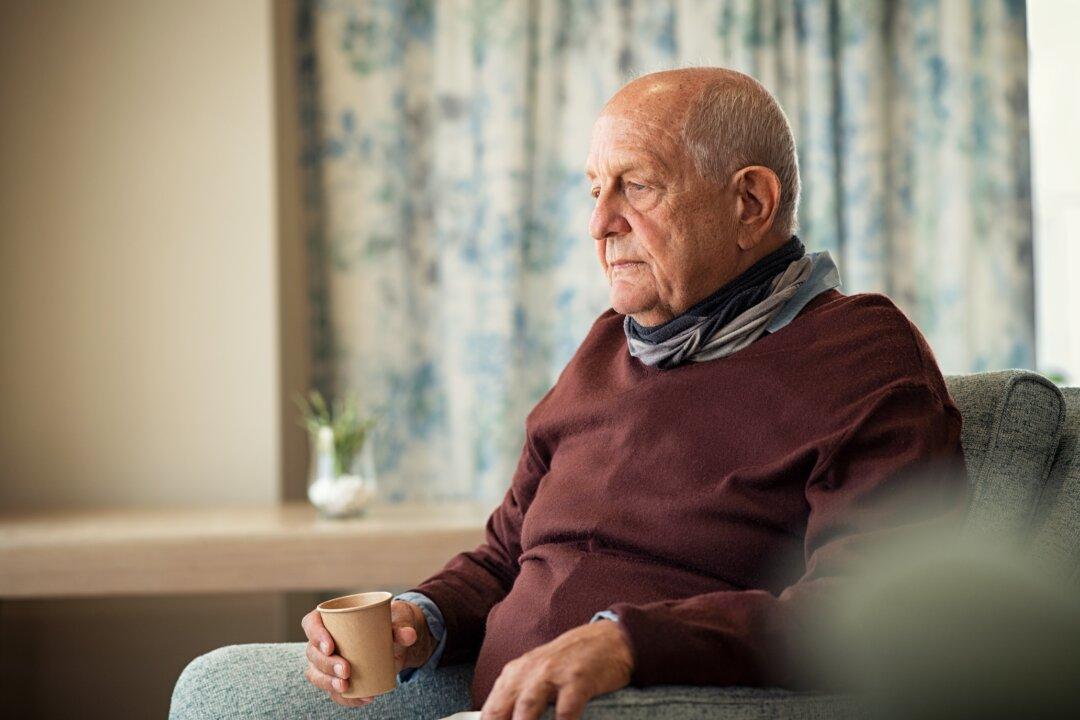Vinay Prasad, M.D., MPH, this week addressed misleading information about kids and COVID-19 vaccines coming from four sources: The New York Times, former Biden COVID-19 response advisor Andy Slavitt, head of COVID-19 response Dr. Ashish Jha, and the Brown University School of Public Health.
Prasad made the comments in his videotaped response to news coverage of the June 15 decision to recommend Pfizer and Moderna’s COVID-19 vaccines for infants and young children.






